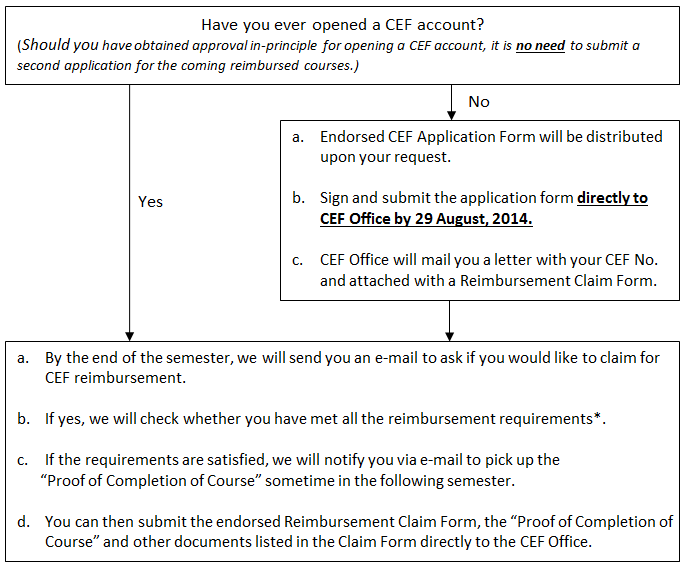Academic Honesty (and Plagiarism)
(Effective from Semester A 2012/13)
The Rules on Academic Honesty document is approved by the Senate to regulate student academic honesty matters and adjudicate student academic dishonesty cases. The Academic Conduct Committee under the Academic Policy Committee will determine and keep under review the Rules on Academic Honesty. Academic honesty with respect to faculty members is not covered by this set of Rules.
Academic honesty is central to the conduct of academic work. Students are expected to present their own work, give proper acknowledgement of other's work, and honestly report findings obtained. As part of the University's efforts to educate students about academic honesty, all students are required to complete the Online Tutorial and Quiz on Academic Honesty, and make a Declaration on their understanding of academic honesty.
Academic dishonesty is regarded as a serious offence in the University. Any related offence can lead to disciplinary action with a penalty including expulsion from the University and debarment from re-admission.
-
Academic dishonesty includes but is not restricted to the following behaviors:
4.1 Plagiarism, e.g., the failure to properly acknowledge the use of another person's work
or submission for assessment material that is not the student's own work;4.2 Misrepresentation of a piece of group work as the student's own individual work;
4.3 Collusion, i.e., allowing another person to gain advantage by copying one's work;
4.4 Unauthorized access to an examination/test paper;
4.5 Use of unauthorized material in assessment;
4.6 Unauthorized communication during assessment;
4.7 Use of fabricated data claimed to be obtained by experimental work, or data copied
or obtained by unfair means;4.8 Impersonating another student at a test or an examination or allowing oneself to
beimpersonated.
Students must comply with regulations promulgated by the University and the academic units in examination and coursework.
All students, faculty and staff have the responsibility to report academic dishonesty cases as they will compromise the quality of education and depreciate the genuine achievements of others. Course leaders are required to report any suspected incidents of academic dishonesty in the course, if supported by clear evidence, to the Head/Dean of the course-offering academic unit.
The above information is only an extract of the University
regulations on Academic Honesty.
For details of information, please visit
https://www.cityu.edu.hk/provost/academic_honesty/rules_on_academic_honesty.htm.
Continuing Education Fund (CEF)
- Eligibility: HK citizenship
- Maximum subsidy: HK$10,000
To apply and to obtain reimbursement, please follow the steps below.

* To apply CEF reimbursement, you are required to:
- attain a pass in assessment(s) as prescribed for the CEF approved courses,
- attend at least 70% of the class hours of the course(s) involved, and
- settle the tuition fee of the course(s) involved.
CEF Office
Address |
Room 916, 9 / F, Kwai Hing Government Offices, 166 - 174 Hing Fong Road, Kwai Chung, New Territories |
Office Hours |
Monday to Friday (except Public
Holidays) 8:45 am to 1:00 pm & 2:00 pm to 5:45 pm |
24-hour manned enquiry hotline |
3142-2277 |
E-mail |
|
Website |
Employment during Study Period
-
1 September
- 31 May
- Part-time employment at CityU only
- Employment through the Human Resources Office, with City University of Hong Kong as the employer
-
1 June - 31 August
- Summer employment, at or outside CityU
For details, please visit the website of Mainland and External Affairs Office, CityU at https://www.cityu.edu.hk/meao/cns_ptnintern.htm.
